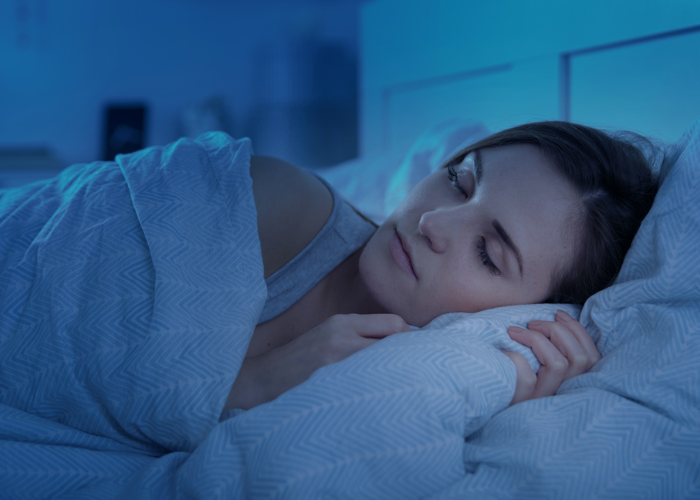Getting a good night’s sleep is vital for our physical and mental health. A good night’s sleep helps us to stay alert and productive, and it can even help us live longer. However, for many of us, getting a good night’s sleep isn’t always easy. Knowing the science of sleep and understanding the factors that affect it can help us make healthier choices that can lead to better sleep.
The Science of Sleep
Sleep is a complex process controlled by several different hormones and brain chemicals. During sleep, our bodies go through several stages of sleep, known as the sleep cycle. We alternate between non-REM (rapid eye movement) and REM sleep, which is the deepest form of sleep. Non-REM sleep is divided into four stages, with stage one being the lightest and stage four being the deepest. Once we reach REM sleep, we usually dream and this period can last for up to an hour.
Physical Factors That Impact Sleep
Several physical factors can affect our sleep. Age, for instance, is a major factor. As we get older, our sleep cycles become shorter and we sleep in shorter intervals. Our bodies also produce less of the hormone melatonin, which helps control our sleep-wake cycles. Other physical factors that can affect sleep include medical conditions such as sleep apnea, chronic pain, and even diet and exercise.
Psychological Factors That Impact Sleep
Our thoughts and emotions can also affect our sleep. Stress, anxiety, and depression can all interfere with our ability to sleep. Other psychological factors, such as lifestyle choices, can also lead to poor sleep hygiene. For example, if you’re a night owl, it can be hard to switch to a regular sleep schedule.
Lifestyle Choices That Affect Sleep
A few lifestyle choices can also have an impact on our sleep. For instance, alcohol and caffeine can both disrupt our sleep cycles. It’s also important to make sure that we’re getting enough exercise, as well as eating healthy foods, both of which can help us sleep better.
Healthy Ways to Improve Sleep
There are several healthy ways to improve our sleep. First, it’s important to create a comfortable sleep environment. This means keeping the room dark, quiet, and cool. It’s also important to establish a consistent sleep schedule and stick to it. Avoiding screens before bedtime and avoiding caffeine and alcohol can also help.
Conclusion
A good night’s sleep is essential for our physical and mental health. To get the best sleep possible, it’s important to understand the science of sleep and the factors that can affect it. Making healthy lifestyle choices, such as avoiding screens before bedtime and exercising regularly, can help us get a better night’s rest.
Related posts
Recent Posts
InformalNewz: A New Era of Unconventional News Reporting
In the ever-evolving landscape of media and journalism, new platforms and approaches are constantly emerging to meet the demands of…
Balanced Living: Strategies for Achieving Wellness in a Hectic World
In today’s fast-paced world, achieving a sense of balance can often feel like an elusive goal. Juggling work, family, social…



